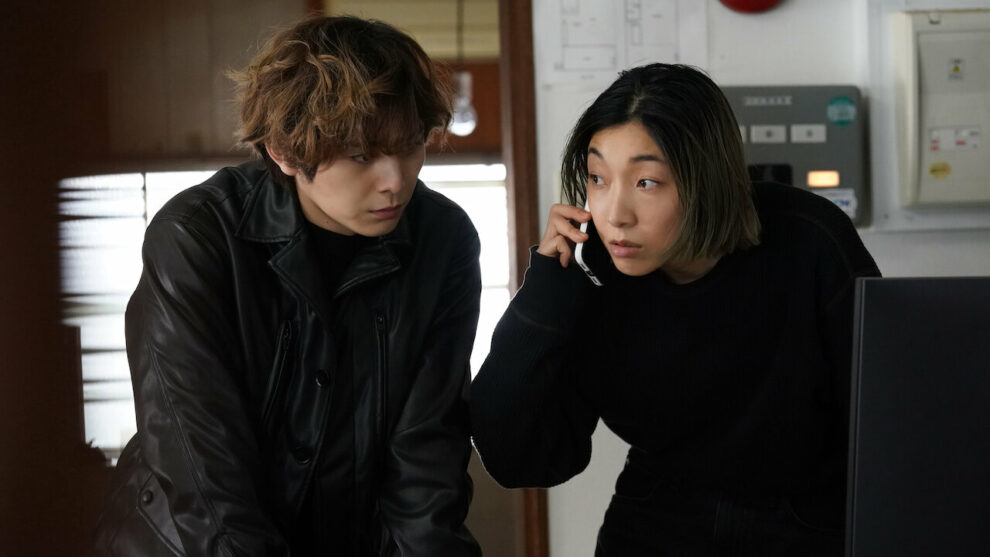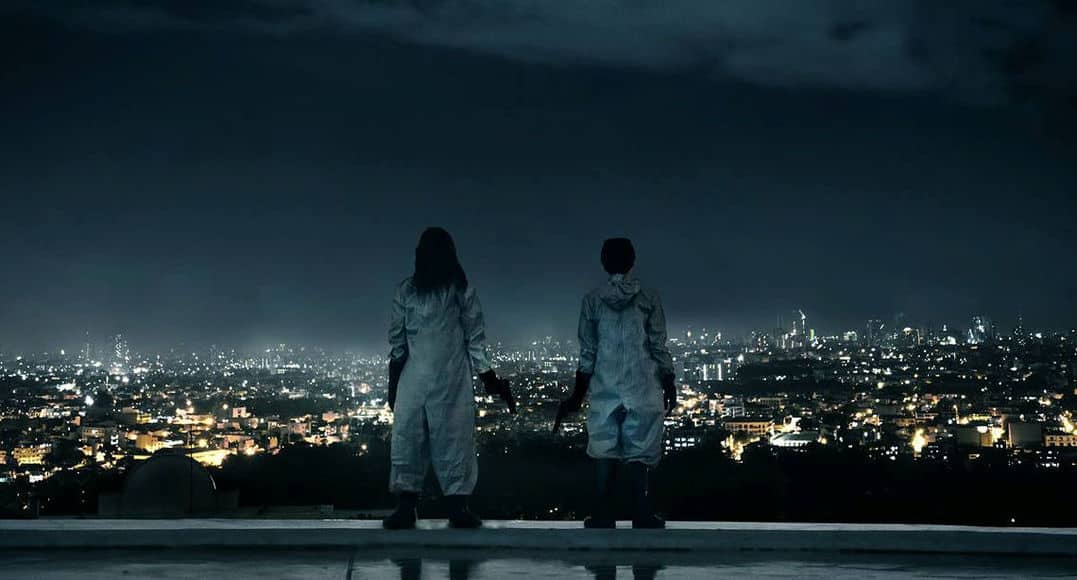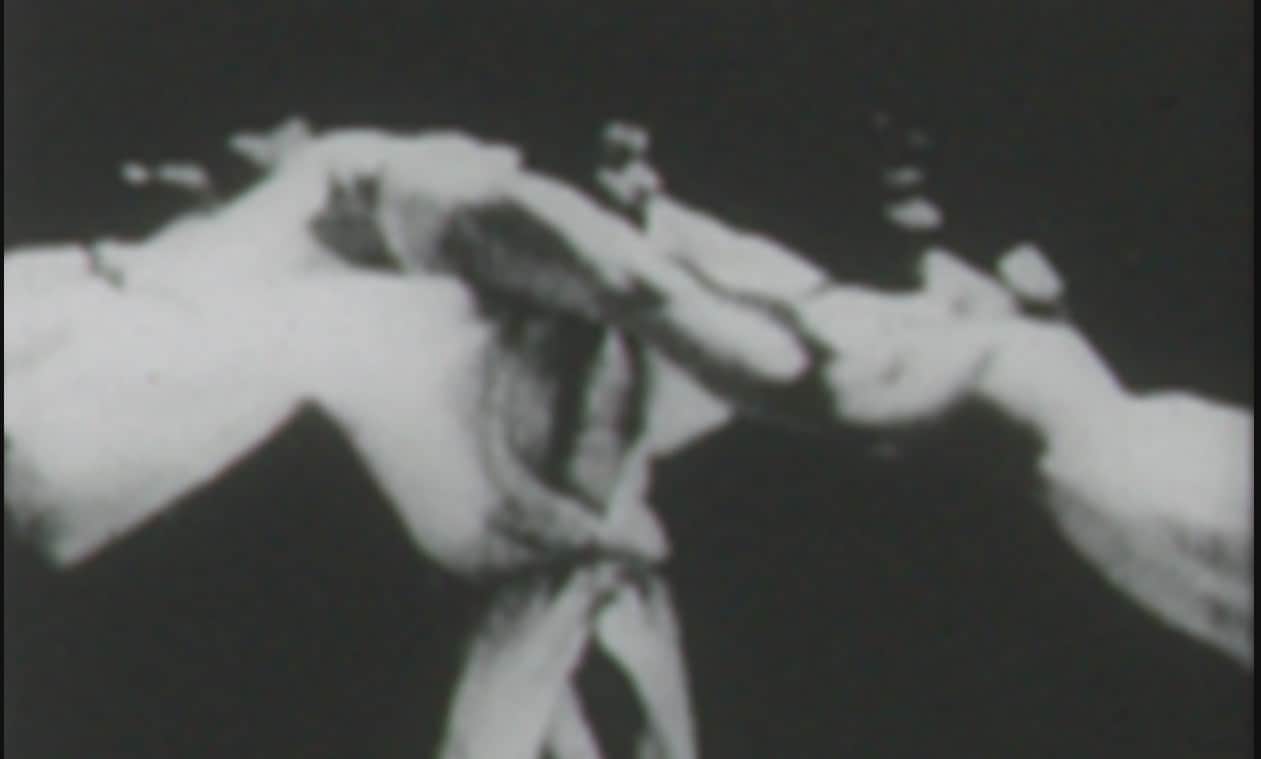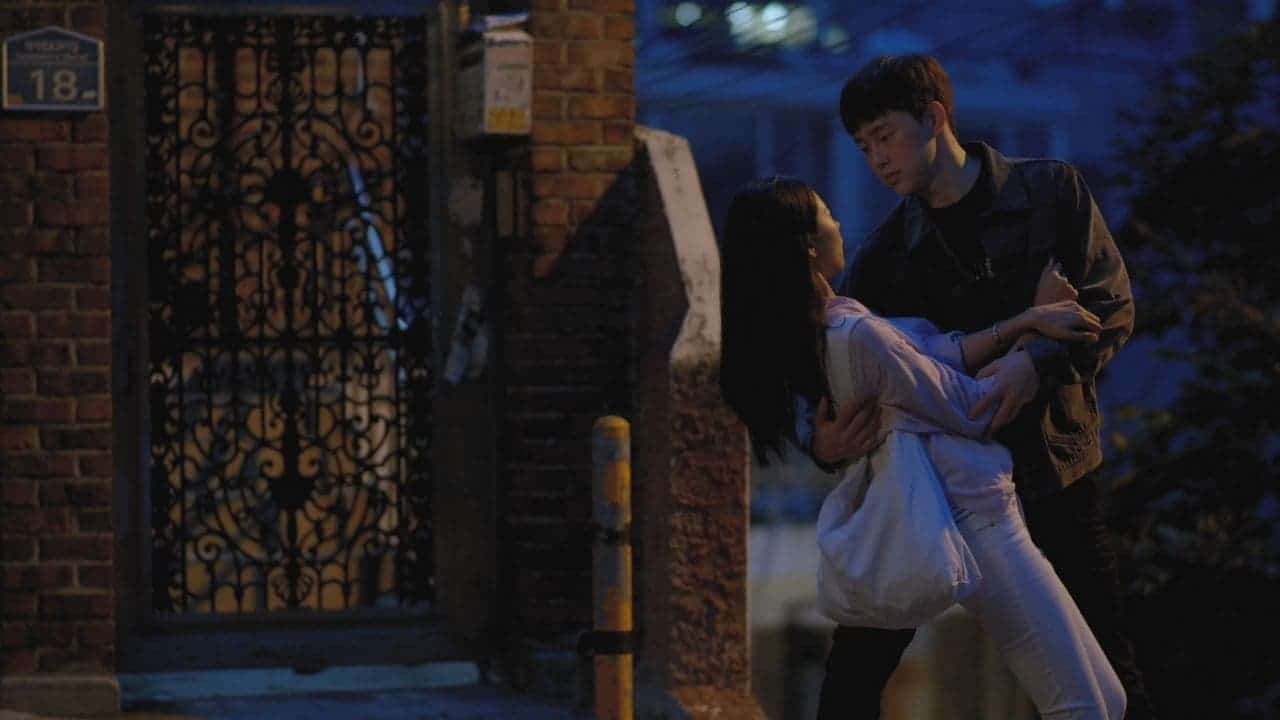One thing that Japanese cinema seems to lack particularly lately is tension, with the majority of movies going out of the country following the calm and smooth road the festival-darling directors (Koreeda, Kawase, Kurosawa) have paved for the most part. As such, it is always a pleasure to watch movies that do bring much tension in the narrative, with Masato Harada proving once more, after “Hell Dogs” and “Sekigahara”, that knows how to handle the particular aspect. Let us see how the rest of the film fares though.
Click the image below to follow our Tribute to Netflix

Adapted from Hiroyuki Kurokawa's 2015 novel, “Keiso” (“Weeds”) the story focuses on Neri, a swindler who works for Takagi, a local mafia boss with ties to the political world, conning elderly with her group of ragtag “catchers”, as she calls them probably in “underground” slang. Neri tries to lay low as much as she can, since she is on the run from Goya, a billionaire who seems to have mistreated her intensely in the past. The girl, however, has managed to retain some sense of balance in her life, saving money and even intensely helping her underlings, including Mandala, a former big shot yakuza who is currently experiencing health problems. Things become rather complicated for her, however, when Jo, her half-brother, gets out of prison, and she decides to bring him in her current endeavors. A rather tragic scene that reveals both theirs and the relationship Neri has with Takagi, is the beginning of the end for the two of them, as the people who are after them (Goya and the police) suddenly multiply significantly.
Regarding the aforementioned tension, Harada achieves it mostly in two ways. The first one is the rather crisp editing, with the many abrupt cuts putting the narrative into a constant sense of motion, particularly since in the majority of them, the scene-changes point towards one of the different arcs of the story, instead of lingering in the same one for perpetuity. This approach, in one of the best elements of the movie, both results in permeating tension, and manages to hide some of the plot holes and overall faults found throughout. The second is that despite the fact that Neri emerges as a rather likable character, the world she inhabits, the decisions she makes and the people she is surrounded by, could have her dead at any time. In that fashion, the agony regarding her fate adds even more to the tension, even more so after a number of different groups seem to be after her and Jo.
Three additional interesting elements here are, firstly, the antitheses Harada exhibits between the perverse world of the rich, as exhibited by Goya and the people around him on the one hand, and Neri and the ones around her on the other. That the former are presented as perverse on a number of levels and the latter as poor people with no alternative may be somewhat cliched, but works quite well for the story. The second is the analysis of how crime works in Japan currently, with the way the yakuza operate nowadays, the scams, and the role the politicians play in particular being eloquently and analytically presented, even if the last part is less commented upon. Thirdly, it is also very interesting how in a crime drama, the ones who steal the show are women, despite the fact that the majority of people who inhabit The Life are men. It is not only Neri, but also police officer Hino, who is repeatedly proven to be smarter and more capable than her male colleagues, and Hayashida, a broker who seems to survive due to both her smarts and her cruelty. SaringRock, who plays the latter, is definitely a show-stealing performer here.
One could say that this approach is on par with the need for political correctness, but it is actually well-embedded in the narrative, at least for the most part. The aforementioned do not mean that the film is not without faults. The arcs, episodes and characters here are definitely too many, with their sum making the story rather excessive as a whole, while the regular lagging of Japanese movies is present once more, close to the end, extending the duration of the movie to 143 minutes for no apparent reason. Furthermore, a number of choices to progress the story seem naive to say the least, with the sum of faults, though, definitely not surpassing the one of the traits.
One of the biggest reasons for this last aspect is Sakura Ando, whose combination of resolve, speed, grittiness and sensitivity presented in the film are a true treat to watch, with her proving once more that she is one of the greatest actresses of her generation, if not the best.
Despite its faults, which are not few, “Bad Lands” emerges as a very interesting and entertaining movie that also shows a path Japanese movies could follow in the future.















